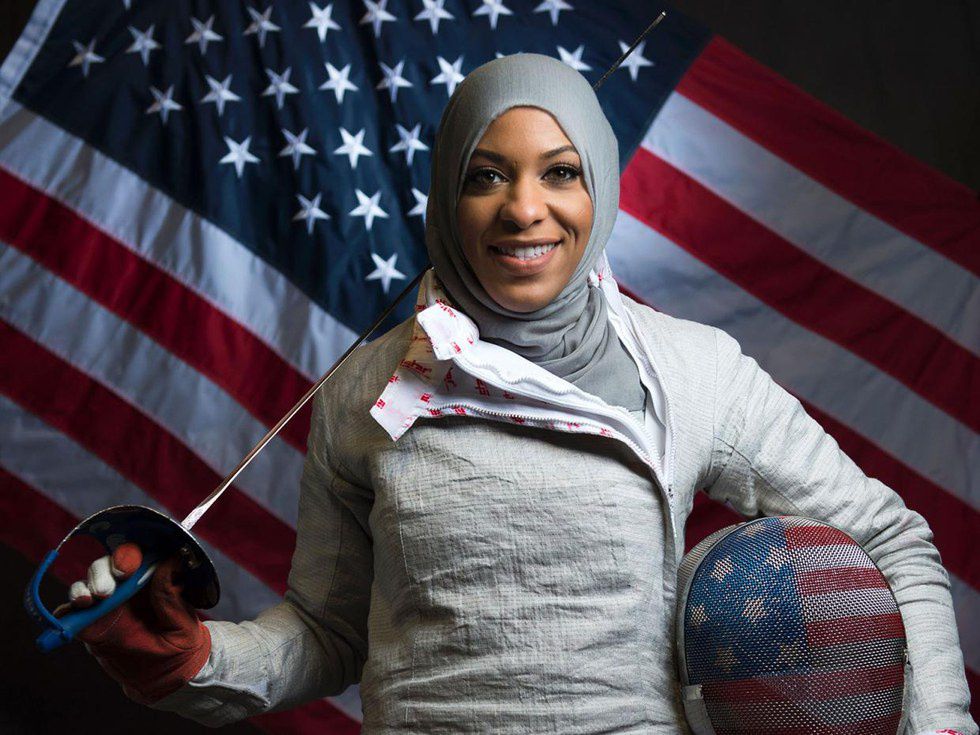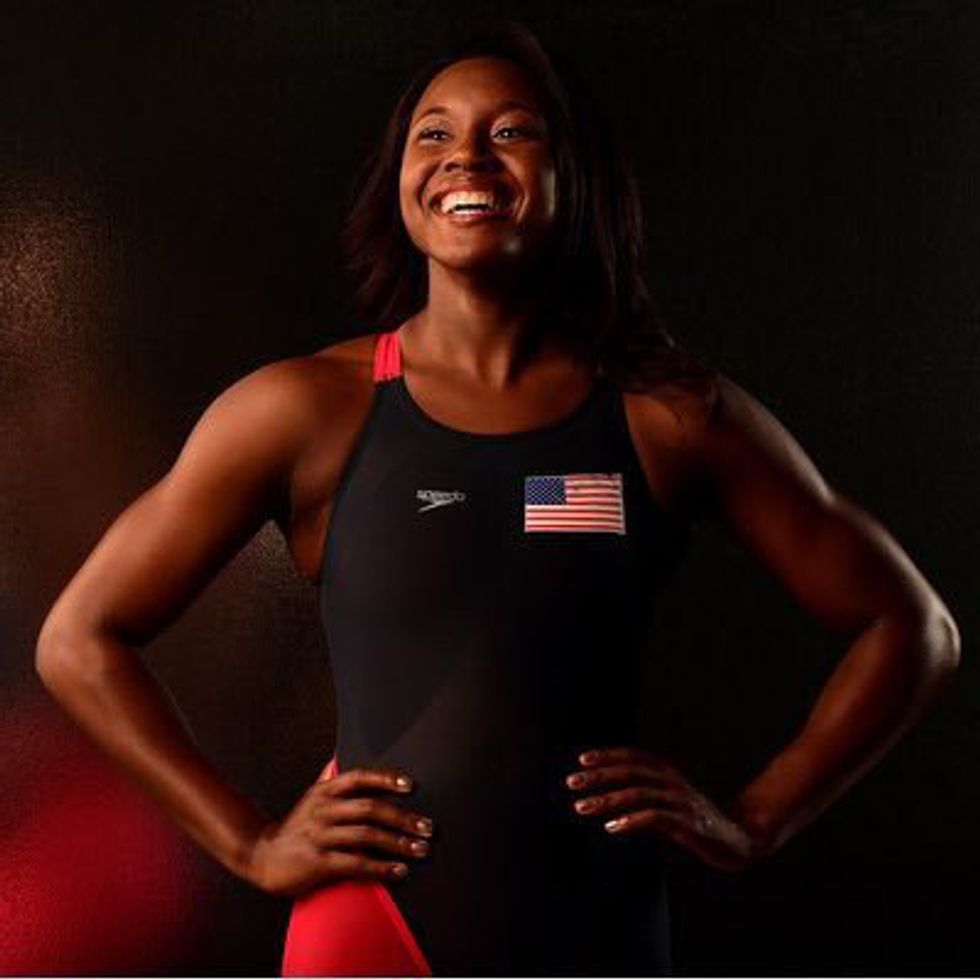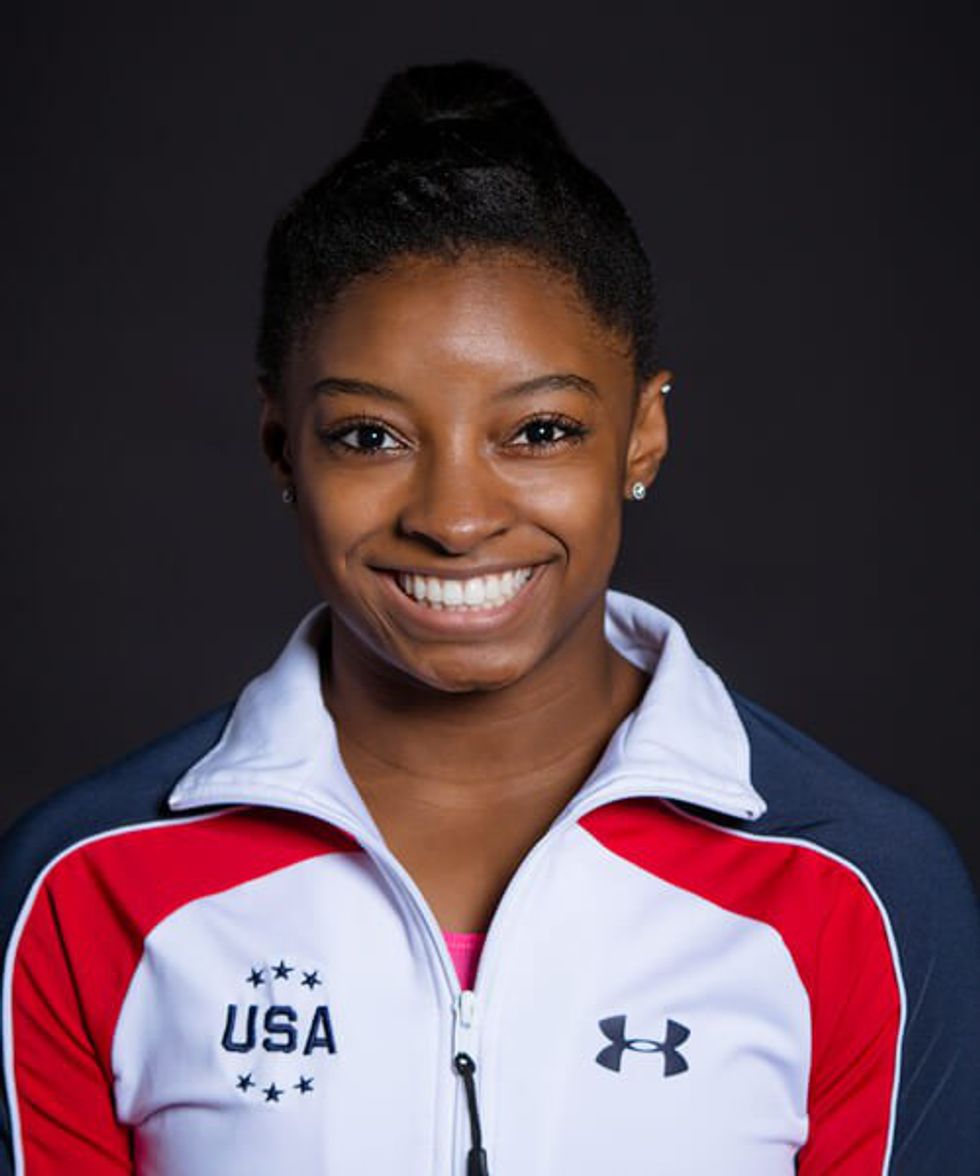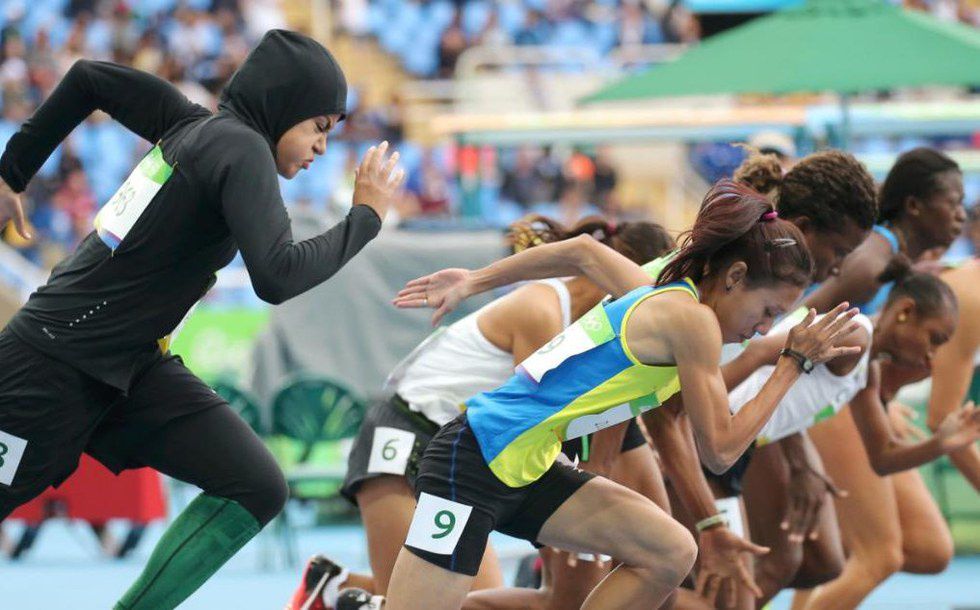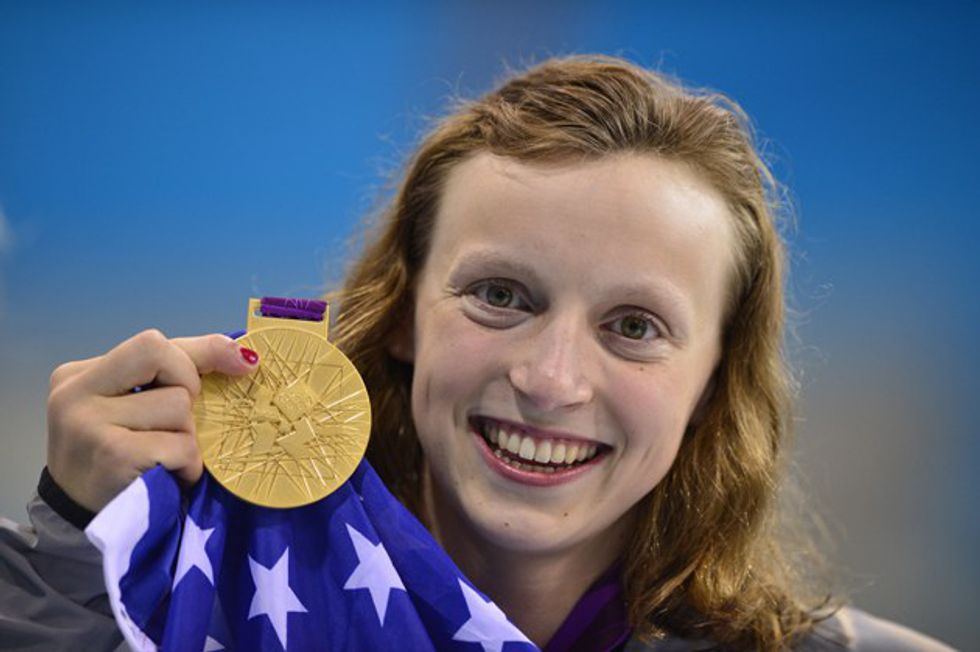This Olympics cycle has been one to remember. There has been so much more racial and gender representation than before and more diversity in the medal winners. Let’s take a look at some great women athletes who broke cultural and physical barriers through their sports.
1. The first U.S. Olympic athlete to wear a hijab came and conquered the competition
Ibtihaj Muhammad became the first Muslim-American to compete on Team USA in a hijab. Being a devout Muslim, she only allowed her hands and her faced to be shown. She explained that in other sports, her mom always had to alter the uniform to accommodate her faith and it made her look different and stand out. The fencing uniform completely covered the body and it allowed Muhammad to be solely judged by her skill set. In the Olympics, she defeated Olena Kravatska of Ukraine 15-13 in her first round but lost 15-12 to Cecelia Berder of France, losing a spot in the quarterfinals.
2. Simone Manuel became the first African-American swimmer to win gold
Manuel and Penny Oleksiak of Canada tied for gold in the 100-meter freestyle. Coincidentally, they also both set a new world record of 57.20 seconds. She became the first African-American to win gold in an individual swimming event for the U.S. In an interview she said that, “this medal is not just for me. It’s for a whole bunch of people that came before me and have been an inspiration to me. And it’s for all the people after me, who believe they can’t do it.”
3. Simone Biles is officially the world’s best gymnast.
We all knew that Simone Biles was going to do amazing things at the Olympics, but we never anticipated that she would win all-around gymnast. On top of that, she became the first woman in 20 years to win back-to-back world and Olympic all around titles. She is also the most decorated U.S. female gymnast, winning 14 world medals (10 gold, two silver, two bronze). To sum up all her badassery, she said “I’m not the next Usain Bolt or Michael Phelps, I’m the first Simone Biles.”
4. Kariman Abuljadayel ran in the 100 meter race for Saudi Arabia for the first time.
Saudi Arabia sent four women to Rio; Sara Al-Attar, Lubna Al-Omair, Kariman Abuljadayel and Wujud Fahmi. This was only the second time that Saudi Arabia has sent women to the Olympics; they lifted their ban on women athletes competing at the Olympics before the London Olympics in 2012. This was the first year that Saudi Arabia had a woman compete in the 100 meter race. Abuljadayel finished seventh in her preliminary heat and she was one of two women competing while wearing a hijab. The fact that Saudi Arabia allowed more women to compete in the Olympics in different events shows the slow progress to proper women representation in athletics in the country.




